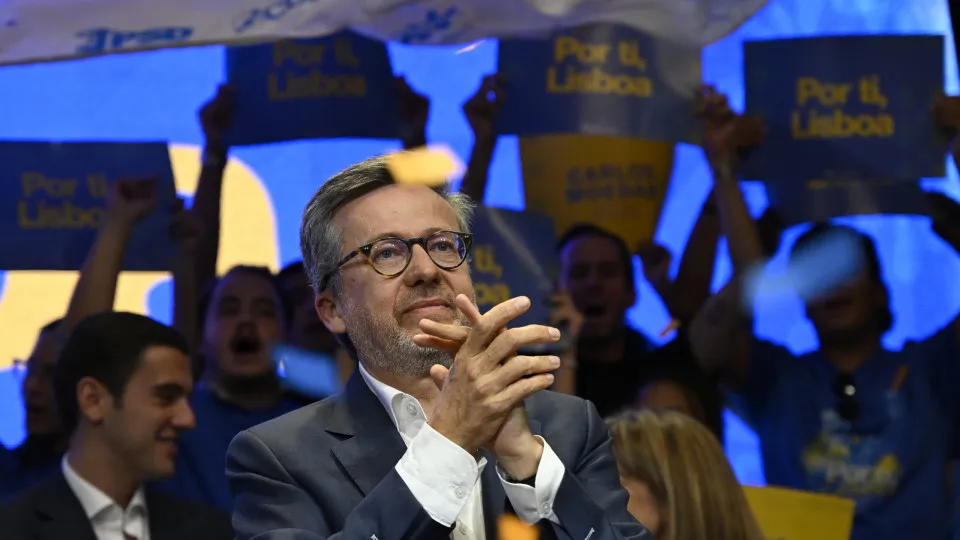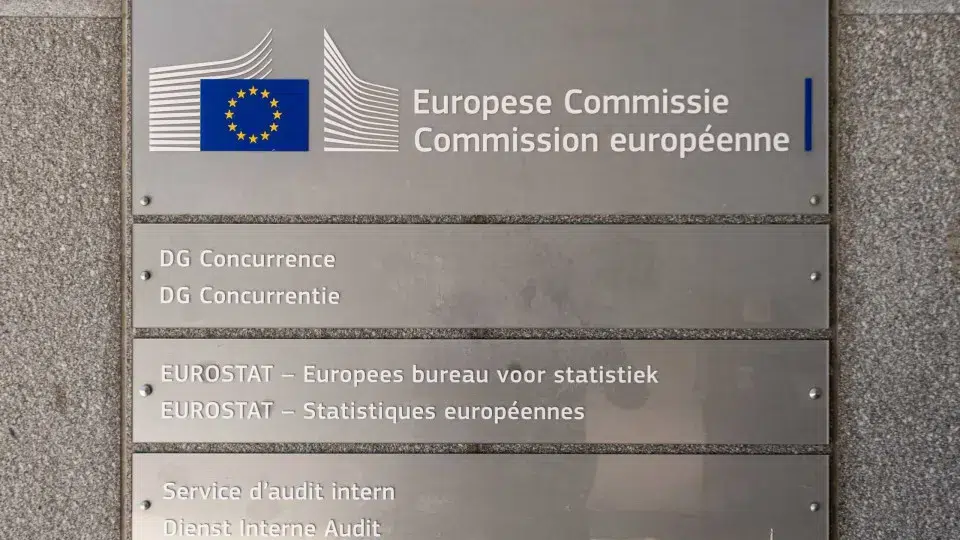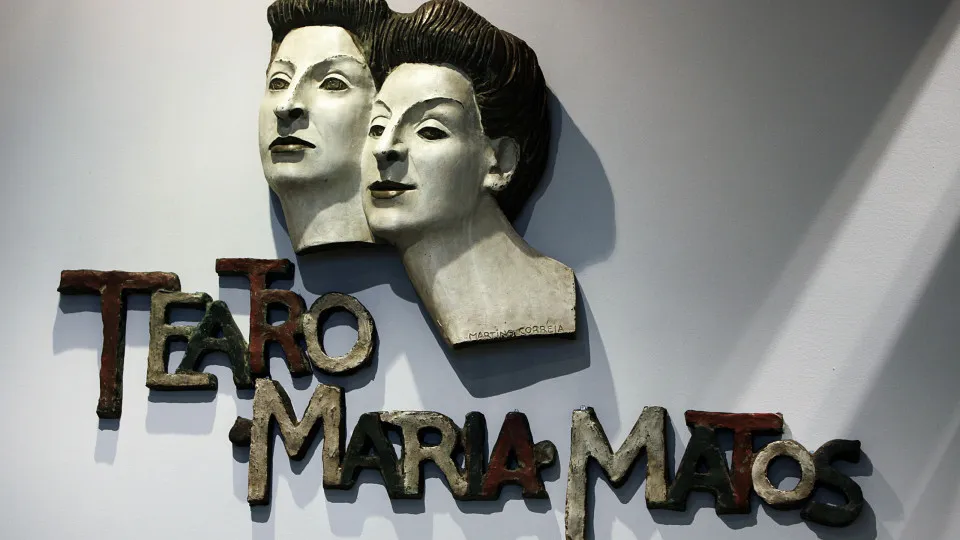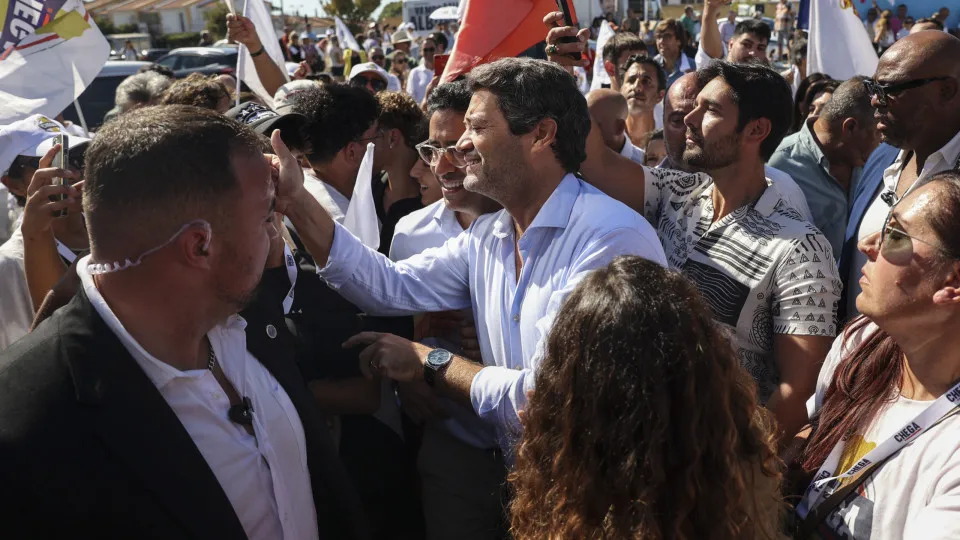
Candidates vying for the presidency of the Funchal City Council outlined their proposals to address the housing crisis on Thursday, revealing differing viewpoints, though most agreed on the cessation of local lodging in residential buildings. The 14 candidates for Madeira’s most populous municipality (108,129 inhabitants) in the October 12 local elections participated in a debate broadcast by RTP/Madeira, which covered topics of housing, security, and mobility.
All candidates acknowledged housing as a critical issue and presented their proposals, also facing questions on the recent provisional suspension of local lodging (AL) license issuance in residential buildings.
Jorge Carvalho, the PSD/CDS-PP coalition candidate (currently governing), advocated for the revision of the Municipal Master Plan (PDM) to allow families capable of building or expanding their homes to do so in zones currently restricted by the PDM. Rui Caetano from the PS supports the AL suspension, though he termed it “a propaganda measure” by the City Council, led by Cristina Pedra, rather than one aimed at solving the housing problem.
Fátima Aveiro from the JPP criticized the PSD/CDS-PP coalition for promising 200 housing units while building only 33, and proposed altering construction indices. Concerning AL, she argued it should be limited in overloaded areas but not everywhere, emphasizing that “tourism matters.” Chega’s candidate, Luís Filipe Santos, pledged 100 homes for young people up to 35 and suggested developers, if allowed to increase construction density, could donate lands to the City Council.
Válter Rodrigues of the MPT, currently a municipal assembly deputy, also supported PDM modifications and concurred with the recent AL suspension, while Miguel Pita of the ADN added that the measure should include residential houses as well. Ricardo Lume from the CDU (PCP/PEV coalition) labeled the housing policies of recent terms from both the PS and PSD as “a real fraud” and stressed the urgency of restoring “immediately closed heritage properties.”
Mónica Freitas of the PAN emphasized the need to move local lodging units to the rental market and stressed the importance of a municipal housing strategy “with concrete data and numbers” about the city’s reality. Dina Letra from the BE accused the PSD of “returning to the past” by suggesting PDM changes that would lead to additional construction in high-altitude zones, endangering public safety. From Nova Direita, candidate Paulo Azevedo proposed that the City Council purchase abandoned buildings to prevent private acquisition for AL.
Libre’s lead candidate, Marta Sofia, highlighted proposals including ensuring 25% of new-build housing or unsold units are allocated for controlled rent and 15% for public housing. Raquel Coelho from the PTP argued other candidates are “demonizing local lodging” while neglecting their “responsibilities regarding public housing stock.” Sara Jardim of IL opposed the AL suspension, describing it as “a scapegoat,” and also highlighted the need to revise the PDM.
Regarding security, candidates were divided, with some labeling the city unsafe while others pointed to discrepancies between perception and reality based on data. On mobility, candidates discussed solutions to manage increasing road traffic, notably by improving and promoting public transport.
The current Funchal City Council executive comprises six officials from the PSD/CDS-PP and five from the Confiança coalition.




